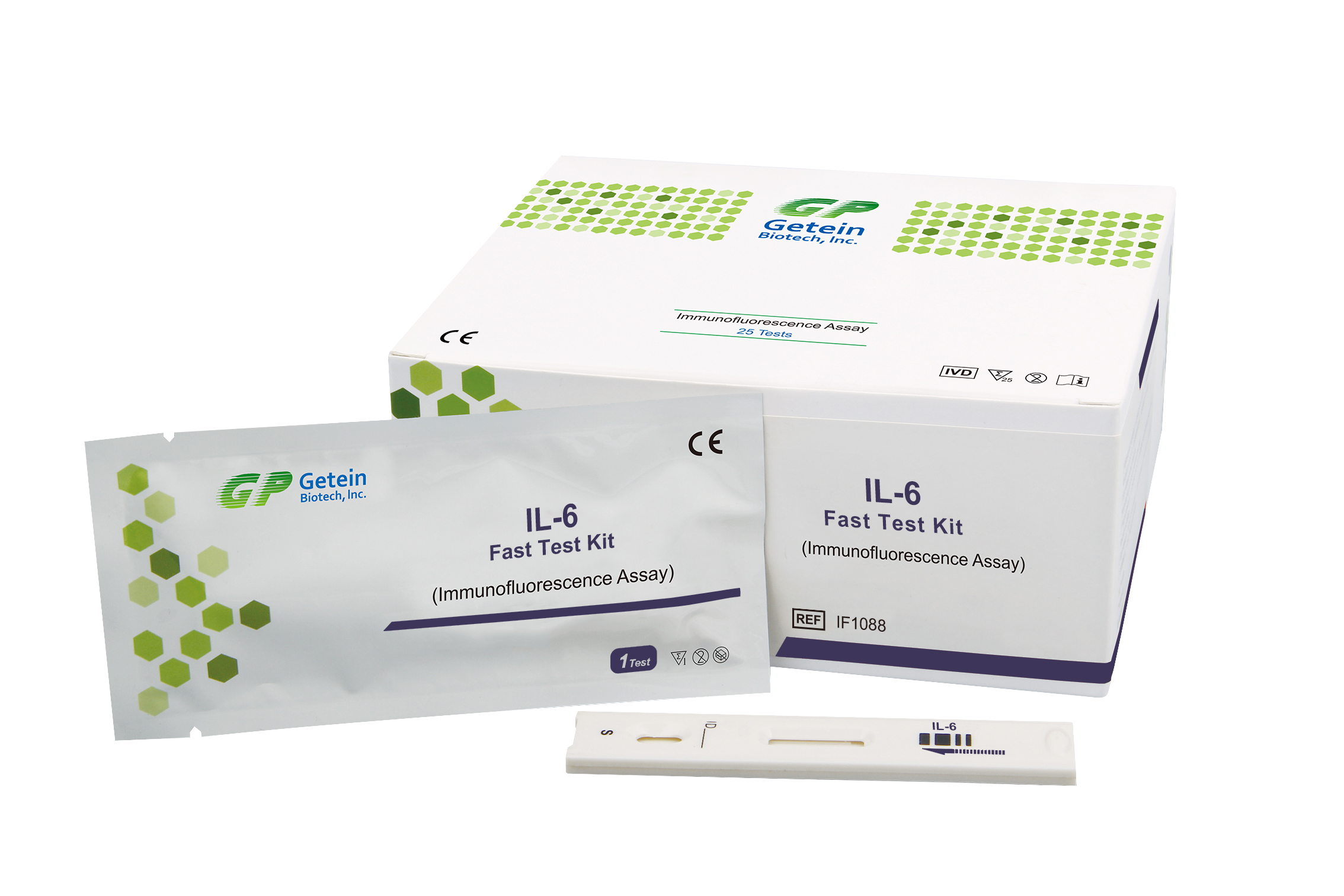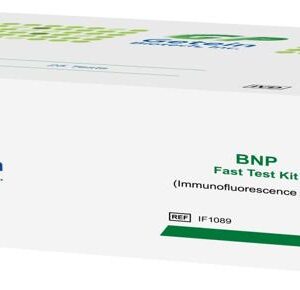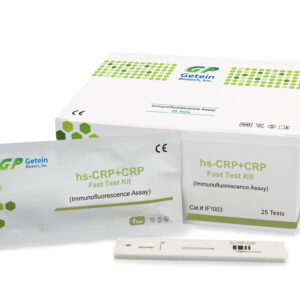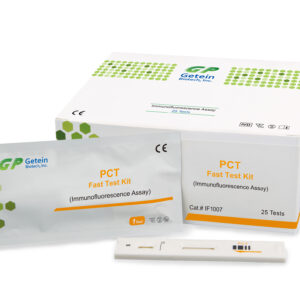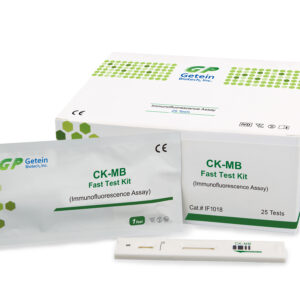Description
IL-6 is a cytokine that functions in inflammation and maturation of B cells. The protein is primarily produced at sites of acute and chronic inflammation, where it is secreted into the serum and induces a transcriptional inflammatory response. This classical responsive- ness to IL-6 is governed by a receptor complex consisting of two membrane-bound subunits, an 80-kDa cognate Alpha-chain (IL-6R Alpha), and a ubiquitously expressed 130-kDa Beta-chain receptor (gp130) which acts as the universal signal transducing element for all IL-6 family cytokines.
Many different cells are capable of IL-6 synthesis including monoc- ytes/macrophages, fibroblasts, endothelial cells, keratinocytes, mast cells, T cells and many tumor cell lines. In vivo and in vitro, IL-6 acts as a differentiation factor for B cells and an activation factor for T cells.
IL-6 is a potent growth factor of different human myelomas and is active in concentrations less than 10 pg/mL. IL-3 and IL-6 show in vitro synergistic effects in the differentiation of hematopoietic progenitor cells. Elevated IL-6 serum or plasma levels may occur in different diseases including sepsis, autoimmune diseases, lymphomas, AIDS, alcoholic liver disease and in patients with infections, or transplant rejection.

